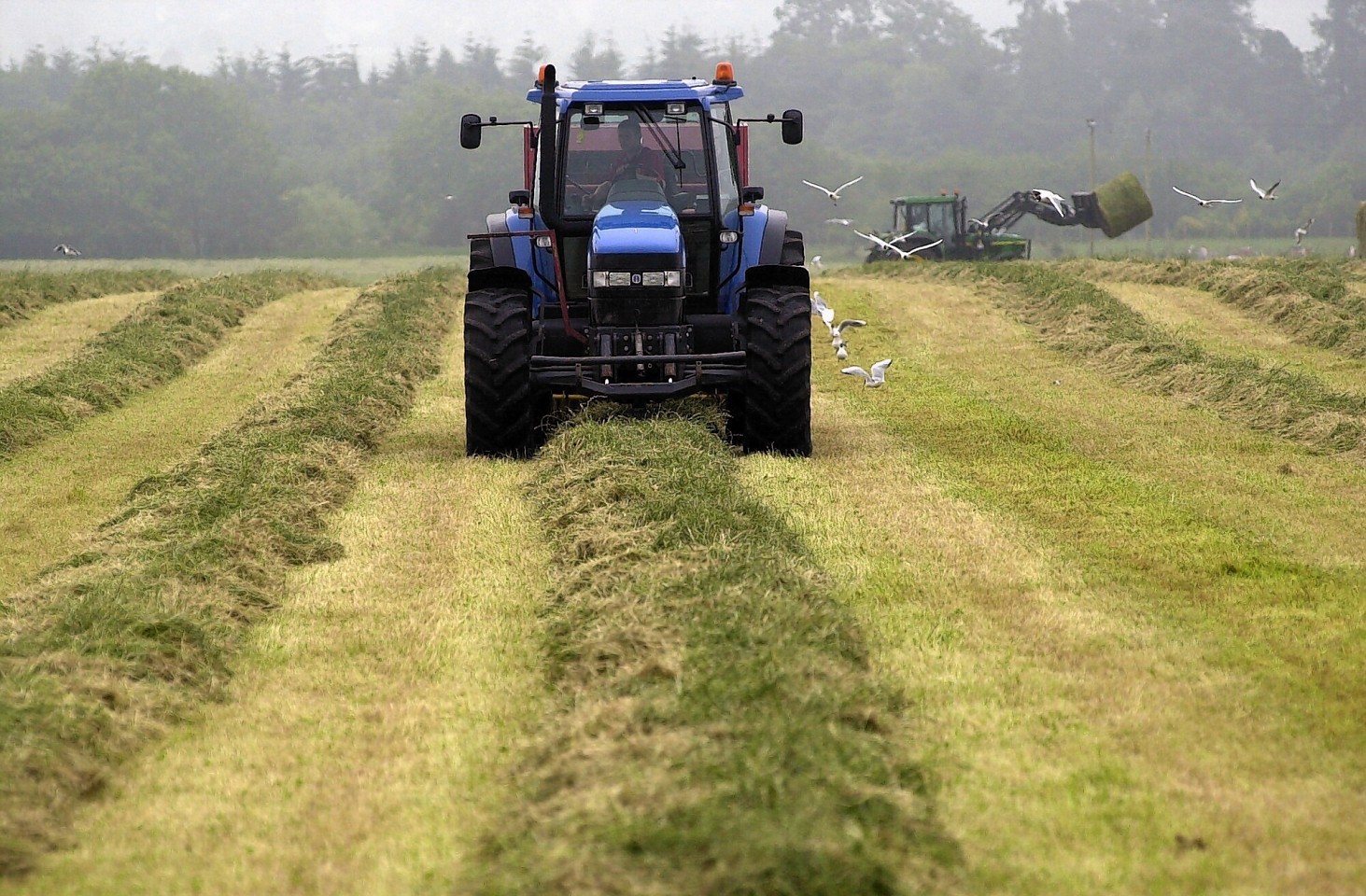Scottish Government’s beleaguered farm payments IT system is unlikely to be fully functional until next year at the earliest, according to an Audit Scotland report published today .
The damning report also reveals that although improvements have been made to the subsidy application process, the system is still facing problems processing payments.
“The difficulties encountered in previous years continue to have a significant impact on the processing of current applications and payments,” states the report.
Although the government’s £178million Cap Futures Programme – designed to deliver Common Agricultural Policy (Cap) reform and a new system – has ended, government will need to spend more money on the system in future.
The report says more government money needs to be spent on the IT systems to prevent problems and enable payments, and that there is still no fully tested plan for recovering data and information if the system breaks down.
It also warns of potential fines from the European Commission for late payments and problems with the system.
“There are a number of uncertainties, but our updated assessment suggests penalties of up to £60million are possible. To date, the programme has not delivered value for money,” it adds.
The report says payment delays for 2016 applications meant it took longer to recover money paid out by government loans, which in turn introduced risk to the wider Scottish budget and put pressure on payment timescales and staff.
It says government continues to face significant risks from the programme including a failure to meet European Commission deadlines and the full range of benefits of the system not being achieved.
The report sets out a number of recommendations for government including communicating clearly with farmers and crofters the payment timescales and processes, and for a framework to be put in place to prioritise future spending on the project.
Auditor General for Scotland, Caroline Gardner said: “The challenges of building a complex rural payments system mean the Scottish Government is juggling multiple demands on its time and resources. This has had an impact on its progress over the past year.
“It’s crucial that knowledge is effectively transferred to staff so the system can be maintained and payments made on time for 2017. The Scottish Government also urgently needs to fully understand the financial risk it faces, so that it can target funding at ensuring the system is compliant and secure.”
Rural Economy Secretary Fergus Ewing yesterday acknowledged the report but said it did not fully reflect all the progress made by government.
He said the system cost of £178million compared “favourably” against Defra costs of £474millon to moderns systems in 2015, and said the system had been independently reviewed as “architecturally sound” and something that should be retained.
“We have repeatedly made clear our determination to make the vast majority of payments by the end of the payment period and we are doing all we can to meet that goal,” added Mr Ewing.
